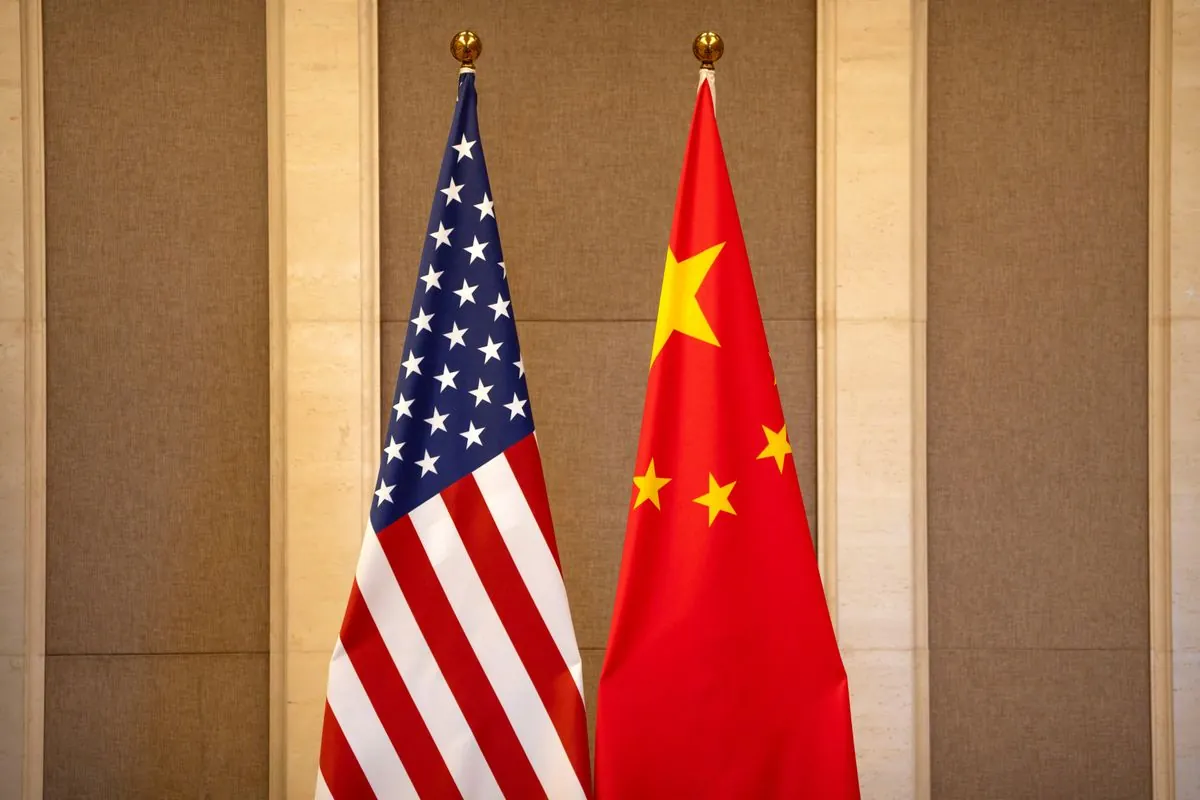U.S.-China Cooperation on Fentanyl: Progress Amid Tensions
China agrees to regulate fentanyl precursors, marking a rare moment of cooperation with the U.S. Experts cautiously optimistic about future collaboration despite ongoing challenges in bilateral relations.

In a significant development in the fight against the opioid epidemic, China has agreed to tighten regulations on three key ingredients used in the production of fentanyl. This move comes as a result of renewed cooperation between China and the United States, despite ongoing tensions in other areas of their relationship.
The Chinese government announced on August 2, 2024, that it would add three fentanyl precursor chemicals—4-AP, 1-boc-4-AP, and norfentanyl—to its list of controlled substances, effective September 1, 2024. This decision follows the United Nations Commission on Narcotic Drugs' addition of these chemicals to its controlled substances list in 2022.

This cooperation marks a shift in the U.S.-China approach to the fentanyl crisis. Until 2019, China was the primary source of fentanyl entering the United States. However, after initial cooperation led to a reduction in direct fentanyl flow, Chinese companies began supplying precursor chemicals to Mexican producers. The situation worsened when China suspended counternarcotics talks in August 2022 following then-U.S. House Speaker Nancy Pelosi's visit to Taiwan.
The tide began to turn after President Xi Jinping and President Joe Biden met in San Francisco in November 2023. This meeting led to renewed cooperation on several key issues, including fentanyl, artificial intelligence, climate change, and military communication.
"Even just being placed on the list has been a major irritant for the Chinese government, because China wants to present itself as the world's toughest drug cop."
The Biden administration's decision to add China to its annual list of major illicit drug-producing countries in 2023 likely played a role in motivating Chinese cooperation. This designation dealt a reputational blow to China, which prides itself on its strict drug policies.
While experts welcome this progress, they caution that challenges remain. Enforcement will be difficult given the vast number of chemical factories in China. Additionally, drug cartels have shown adaptability in finding new production methods when faced with restrictions.
Despite these challenges, U.S. officials express cautious optimism. A senior U.S. administration official, speaking anonymously, stated, "We think that each one of these steps is an important step forward, and it's a lot further than we were before cooperation resumed."
The future of U.S.-China cooperation on fentanyl remains uncertain, given ongoing tensions in areas such as technology competition and geopolitical disputes in the South China Sea and Taiwan Strait. However, experts suggest that China may be motivated to continue cooperation to improve its global reputation and potentially ease tensions in other areas of the bilateral relationship.
As the world's two largest economies and most influential nations, the United States and China face the challenge of balancing competition and cooperation. Their ability to work together on issues like the fentanyl crisis could have far-reaching implications for global health and international relations.


































